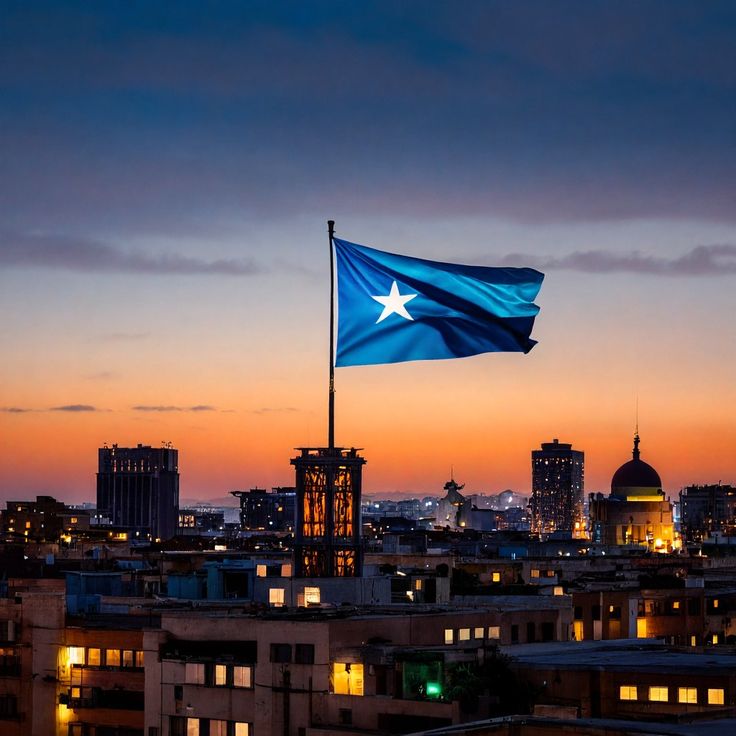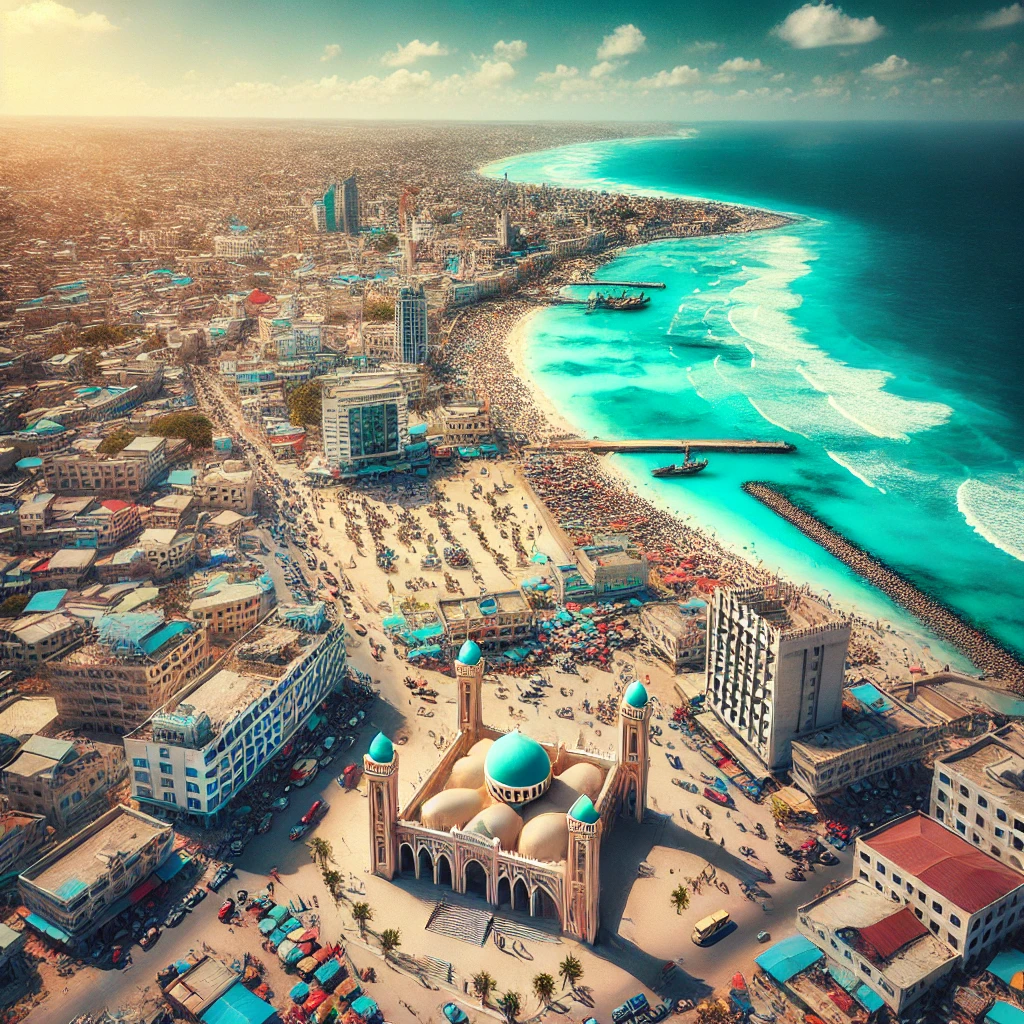Somali Prime Ministers (1960 – Present)
The history of Somali prime ministers reflects the nation’s political journey, challenges, and evolution since independence in 1960. This article highlights the leaders who have held the position of prime minister, their contributions, and their impact on Somalia’s governance.
1. Abdirashid Ali Shermarke (1960–1964)
Abdirashid Ali Shermarke was the first Prime Minister of Somalia following its independence on July 1, 1960. His tenure focused on uniting the newly independent Somali Republic, formed by the merger of the former Italian Somaliland and British Somaliland. Shermarke later became Somalia’s second president in 1967.
2. Abdirizak Haji Hussein (1964–1967)
Abdirizak Haji Hussein succeeded Shermarke as prime minister. He emphasized administrative reforms and worked to strengthen government institutions during a critical period of nation-building. His efforts sought to establish a foundation for Somalia’s governance and economic development.
3. Mohamed Egal (1967–1969)
Mohamed Egal served as the prime minister during a politically turbulent time. His tenure ended abruptly following the 1969 military coup led by Siad Barre. Egal would later become the President of Somaliland in 1993, playing a significant role in the region’s governance.
The Era of Military Rule (1969–1991)
Following the military coup in 1969, Major General Mohamed Siad Barre established a socialist government. During this period, the role of prime minister was largely ceremonial or non-existent as Siad Barre consolidated power.
4. Omar Arteh Ghalib (1991)
After the collapse of Siad Barre’s regime in 1991, Somalia plunged into civil war. Omar Arteh Ghalib briefly served as prime minister in the transitional government. However, the country’s political instability made governance extremely challenging.
Transitional and Federal Governments (2000 – Present)
The new millennium marked Somalia’s efforts to rebuild its political structure through transitional and federal governments.
5. Ali Khalif Galaydh (2000–2001)
Ali Khalif Galaydh was appointed as the prime minister of the Transitional National Government (TNG). His tenure aimed to restore central governance after years of civil conflict.
6. Hassan Abshir Farah (2001–2003)
Hassan Abshir Farah’s leadership faced challenges in uniting various factions and addressing the security issues plaguing the nation.
7. Mohamed Abdi Yusuf (2003–2004)
Mohamed Abdi Yusuf continued the efforts of his predecessors to stabilize the transitional government amidst ongoing conflicts.
8. Ali Mohamed Gedi (2004–2007)
Ali Mohamed Gedi was appointed during the formation of the Transitional Federal Government (TFG). His tenure coincided with Ethiopia’s military intervention in Somalia to combat the Islamic Courts Union (ICU).
9. Nur Hassan Hussein (2007–2009)
Nur Hassan Hussein, also known as Nur Adde, focused on reconciliation and rebuilding efforts during his term. He played a role in the Djibouti Peace Process, which aimed to establish a stable government.
10. Omar Abdirashid Ali Sharmarke (2009–2010, 2014–2017)
Omar Abdirashid Ali Sharmarke, the son of former president Abdirashid Ali Shermarke, served two non-consecutive terms. His leadership focused on constitutional reforms and rebuilding Somalia’s federal institutions.
11. Mohamed Abdullahi Mohamed (2010–2011)
Commonly known as Farmajo, Mohamed Abdullahi Mohamed emphasized anti-corruption measures and security sector reforms during his brief tenure as prime minister. He later became Somalia’s president in 2017.
12. Abdiweli Mohamed Ali (2011–2012)
Abdiweli Mohamed Ali oversaw the drafting of Somalia’s Provisional Constitution, a milestone in the country’s transition from a transitional to a federal government.
13. Abdi Farah Shirdon (2012–2013)
Abdi Farah Shirdon’s tenure focused on economic reforms and improving relations with international partners.
14. Abdiweli Sheikh Ahmed (2013–2014)
Abdiweli Sheikh Ahmed worked on improving governance and addressing political disputes within the federal government.
15. Hassan Ali Khaire (2017–2020)
Hassan Ali Khaire prioritized security and economic reforms. He worked closely with international donors to secure debt relief for Somalia, a significant step toward financial stability.
16. Mohamed Hussein Roble (2020–2022)
Mohamed Hussein Roble focused on organizing elections and addressing the COVID-19 pandemic during his tenure. His leadership marked a transitional period for Somalia’s federal government.
17. Hamza Abdi Barre (2022–Present)
Hamza Abdi Barre is the current prime minister of Somalia. His government is focused on addressing security challenges, promoting economic development, and strengthening federalism in Somalia.
Conclusion
The position of prime minister in Somalia has evolved significantly since independence. Each leader has faced unique challenges, from uniting a newly independent nation to navigating the complexities of civil war, rebuilding efforts, and modern governance. As Somalia continues to progress, the role of the prime minister remains crucial in shaping the country’s future.



